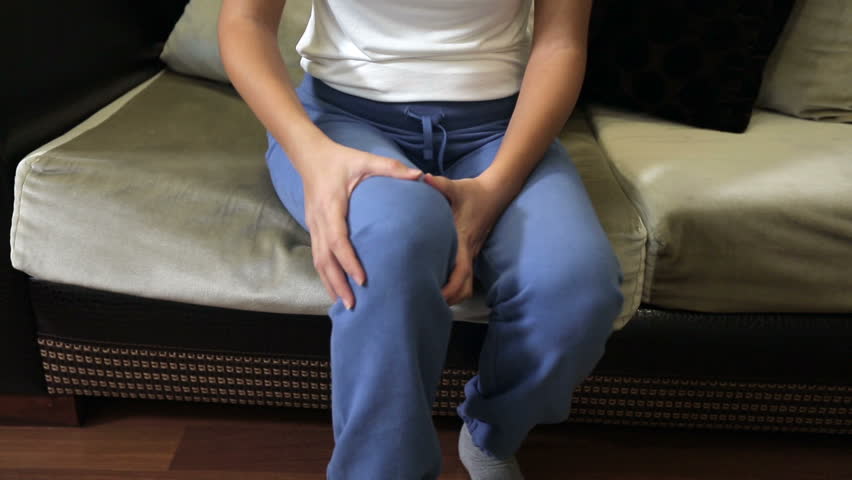Contents:
- Medical Video: Liver Transplant Medications - Zantac
- Use of ranitidine injection
- Side effects of ranitidine injection
Medical Video: Liver Transplant Medications - Zantac
Stomach and intestines are several organs that have an important role in the human digestive system. Very troublesome if there is interference with these organs. Especially if the disorder is an old disease that returns to relapse. When you experience a disturbance in your stomach or intestine, what medicine do you take? Ranitidine is a drug commonly used to treat disorders that occur in the stomach and intestines, and prevent the problem from recurring after being successfully treated. Ranitidine can be given by mouth or by looking for injection. How do you use ranitidine injection?
Ranitidine is also commonly used to treat disorders that occur in the stomach, throat such as erosive esophagitis, gastric acid reflux (GERD) and Zollinger-Ellison syndrome. The way it works is to reduce the acid content produced by your stomach. This drug may also be used to prevent other injuries caused by certain types of drugs such as nonsteroidal anti-inflammatory drugs (NSAIDs) such as ibuprofen and naproxen to bleeding in the stomach or intestines.
Use of ranitidine injection
Giving ranitidine by injection is usually only done for short-term treatment. Ranitidine will be given by injection only when you are in a position unable to take the drug by mouth. Your doctor should advise you to take the medicine by mouth again when your condition is possible.
Before using this drug, it's a good idea to discuss with your doctor about the allergies you have, other treatments you are currently taking, health problems you have and if you are pregnant and breastfeeding.
Ranitidine injection is usually given by injecting it through veins and muscles according to the doctor's instructions. Injection is usually done for 5 to 20 minutes at intervals every 6 to 8 hours. The dosage given and the length of treatment itself depends on the patient's medical condition. In children, other than based on medical conditions, other considerations are how much the child's weight is.
Before use, both at the clinic and your residence, it's a good idea to check the packaging condition first. Injection done by yourself is permitted, only if you are sure you really understand the instructions according to what your health care worker says. It's also a good idea to find out how to save it and report it immediately to the doctor when you don't feel a change over a period of time or it gets worse.
Side effects of ranitidine injection
Some side effects may occur, such as headaches, difficulty defecating until pain and redness appear around the injection site. Contact your doctor immediately if you even begin to experience increased side effects such as blurred vision, changes in mood, extreme feelings of fatigue, changes in heart rate, abdominal pain, darkening of the urine color and some symptoms of infection such as fever to shivering.
Allergic reactions may occur but will be very rare. Allergy symptoms that usually occur such as the appearance of a rash, itching, swelling and difficulty breathing.
Your doctor certainly prescribes you this drug because this drug will be able to treat your disease, not just give side effects. However, the symptoms as mentioned are rare. Immediately report your doctor, if you actually find symptoms other than those mentioned.












